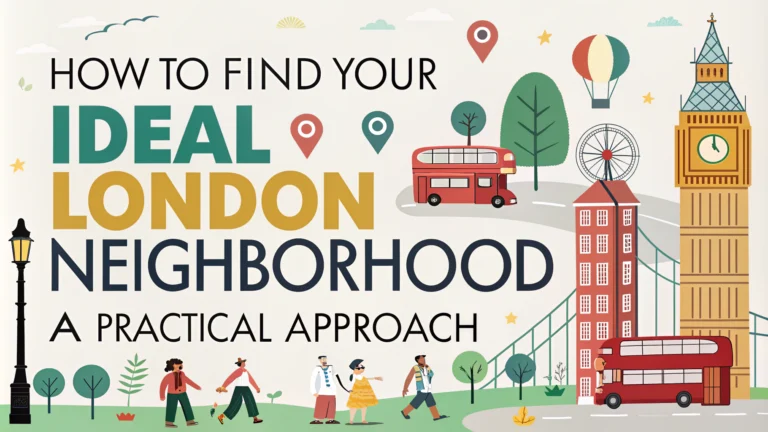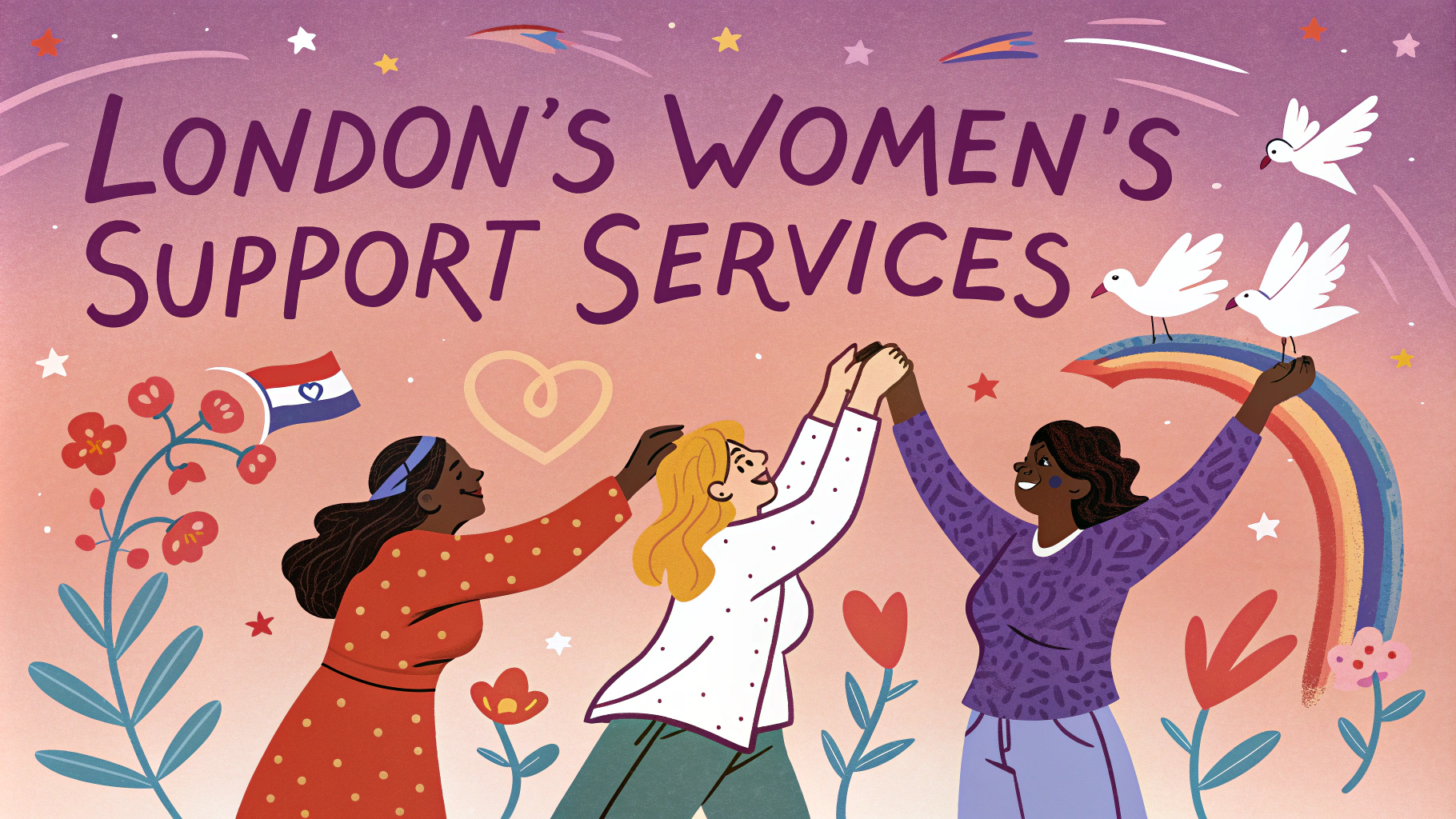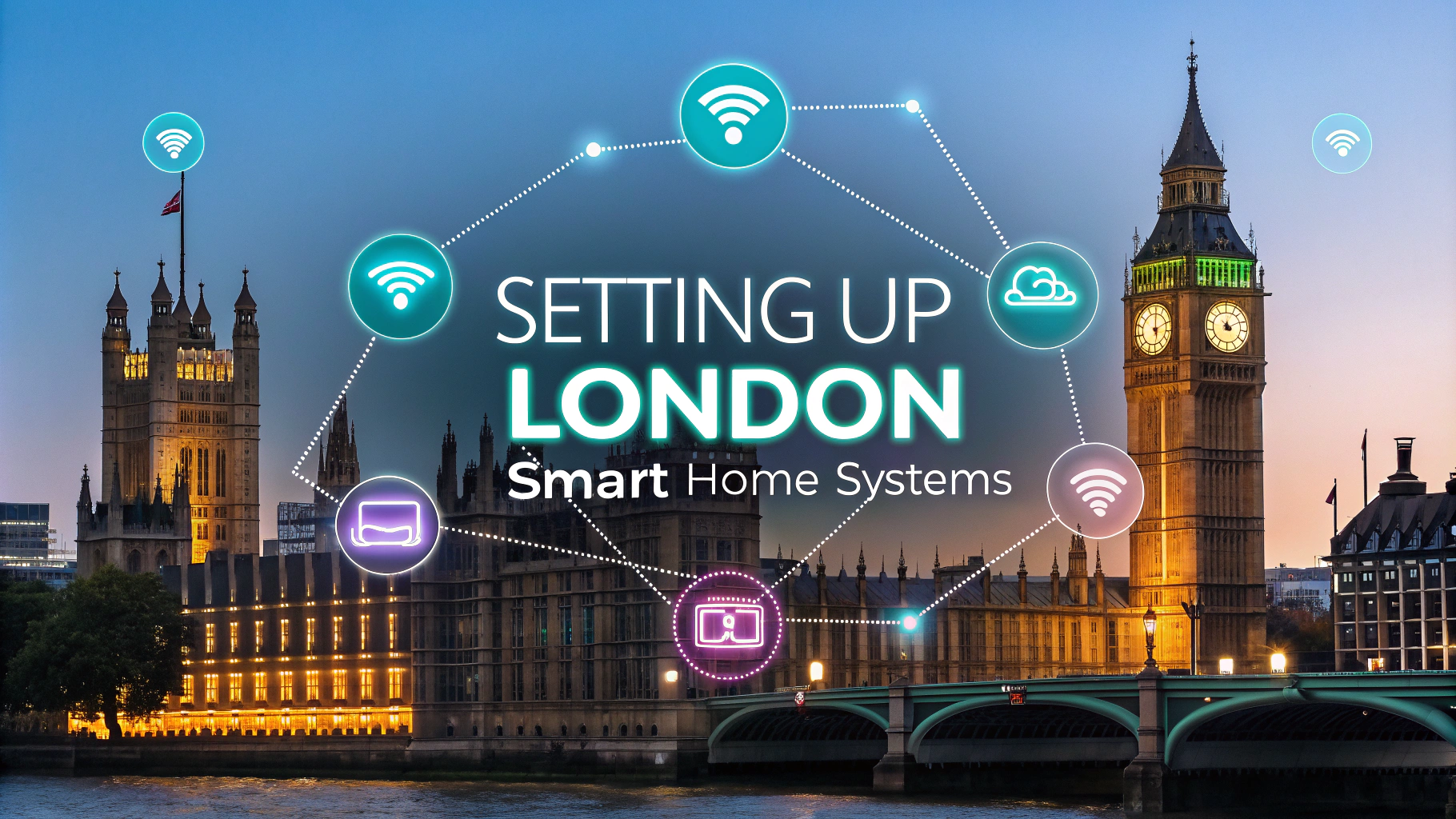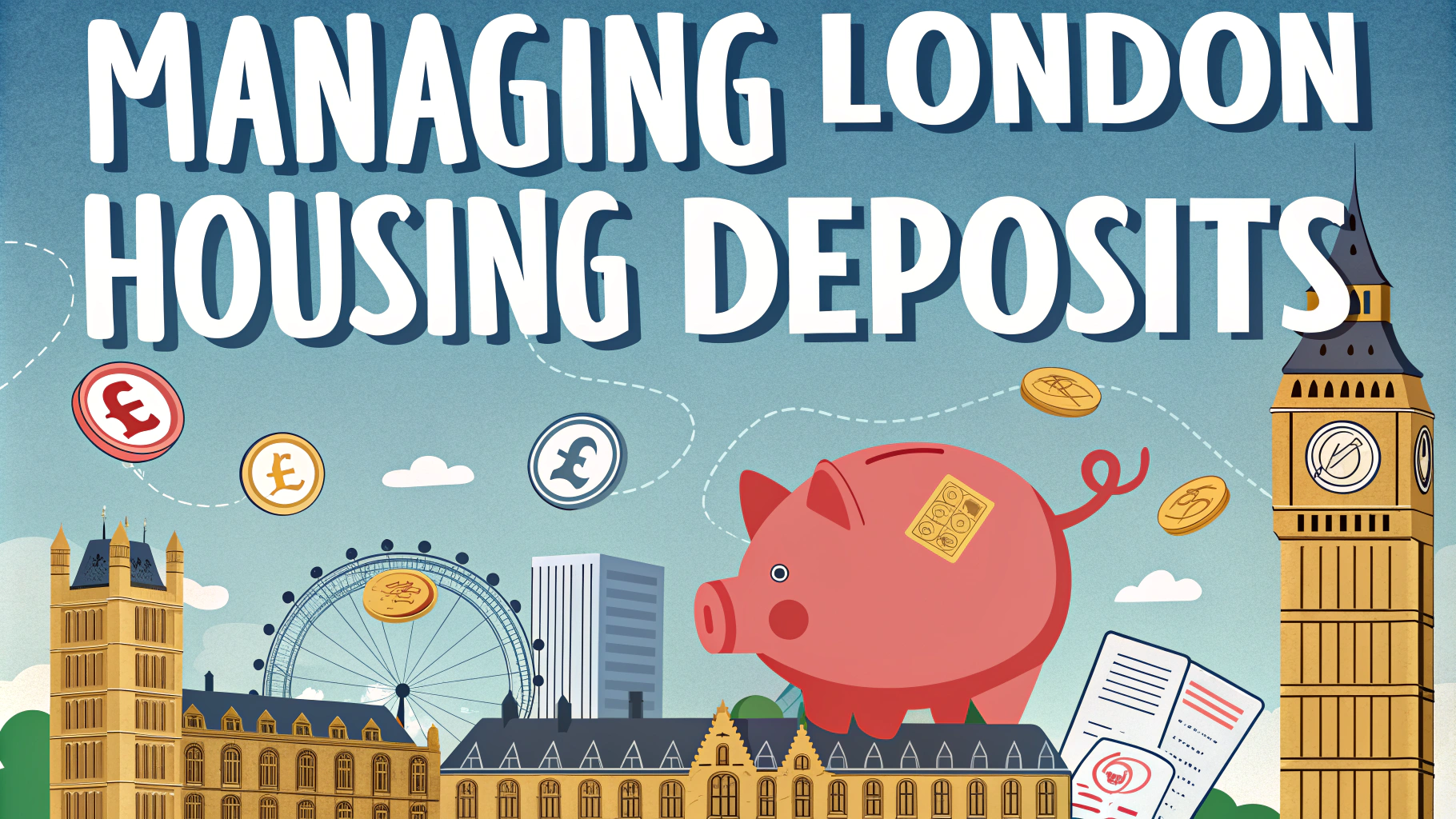Finding the perfect London neighborhood requires careful consideration of various factors that will directly impact your daily life.
Understanding London’s diverse areas and their unique characteristics helps narrow down options that match your lifestyle, budget, and preferences.
This guide breaks down the essential steps to identify your ideal London neighborhood, considering factors like commute times, local amenities, and community atmosphere.
Define Your Non-Negotiables
- Maximum rent/purchase budget
- Preferred commute time to work/study
- Access to specific transport lines
- School catchment areas (if applicable)
- Safety requirements
- Noise levels
Consider Your Lifestyle Preferences
Each London area offers distinct advantages for different lifestyles:
| Lifestyle | Recommended Areas |
|---|---|
| Young Professional | Shoreditch, Clapham, Hackney |
| Families | Richmond, Greenwich, Hampstead |
| Creative Scene | Brixton, Peckham, Dalston |
| Quiet/Suburban | Dulwich, Chiswick, Blackheath |
Research Transport Links
Transport accessibility significantly affects quality of life in London.
- Check TfL journey planner (tfl.gov.uk) for commute times
- Consider proximity to multiple transport options
- Look into night transport if you work late/enjoy nightlife
- Research upcoming transport developments (Elizabeth Line, Northern Line extension)
Budget Considerations
London rental/property prices vary dramatically by area and proximity to transport.
- Research average rental prices on Rightmove or Zoopla
- Factor in council tax bands
- Consider additional costs (transport, parking permits)
- Look into upcoming developments that might affect property values
Visit at Different Times
- Morning rush hour (assess commute)
- Weekend daytime (check local amenities)
- Evening (evaluate safety and noise levels)
- Different weather conditions
Local Amenities Checklist
- Supermarkets and local shops
- Restaurants and cafes
- Parks and green spaces
- Gyms and fitness facilities
- Healthcare services
- Entertainment venues
Making Your Final Decision
Create a scoring system for each neighborhood based on your priorities.
Consider compromising on less important factors to secure must-have features.
Contact local estate agents for property availability and area insights.
Useful Resources
- Rightmove – Property listings and area guides
- Zoopla – Property research and price comparison
- Police.uk – Crime statistics by area
- Transport for London – Journey planning and transport updates
Community Research
Understanding the local community helps ensure a good cultural fit for your lifestyle.
- Join local Facebook groups and forums
- Read local newspapers and blogs
- Attend community events
- Visit local markets and festivals
- Speak with current residents
Future Development Plans
Research upcoming changes that could impact your chosen area:
- New transport infrastructure
- Residential developments
- Commercial projects
- Regeneration schemes
- Changes to local services
Area Safety Assessment
Key Safety Indicators
- Street lighting quality
- CCTV coverage
- Police station proximity
- Neighborhood Watch schemes
- Local crime statistics trends
Making London Your Home
Finding your ideal London neighborhood is a journey that requires thorough research and personal exploration. Balance your practical needs with emotional connection to the area. Remember that each neighborhood has its unique charm and challenges.
Take time to explore multiple areas before making your decision, and consider both immediate needs and long-term lifestyle goals. The perfect neighborhood will align with your daily routine while providing opportunities for personal growth and community engagement.
- Trust your instincts about an area
- Consider future lifestyle changes
- Maintain flexibility in your criteria
- Build connections in your chosen area
FAQs
- What factors should I consider when choosing a London neighborhood?
Consider your budget, commute time to work/school, safety ratings, proximity to tube/rail stations, local amenities, and the overall vibe of the area (family-friendly, trendy, quiet residential, etc.). - How can I research crime rates in different London neighborhoods?
Use the Metropolitan Police’s online crime mapping tool, which provides detailed statistics for each borough and neighborhood. You can also check the UK Police website for monthly crime statistics. - What’s the best way to assess transportation links in a neighborhood?
Check the TfL (Transport for London) website for nearby tube stations, bus routes, and rail connections. Use the TfL Journey Planner to calculate commute times and options from potential neighborhoods to your workplace or school. - How do I determine if a neighborhood fits my budget?
Research current rental and property prices on websites like Rightmove, Zoopla, and OpenRent. Factor in council tax bands, which vary by borough, and average utility costs for the area. - Which London neighborhoods are best for families with children?
Areas like Greenwich, Dulwich, Richmond, Hampstead, and Blackheath are known for good schools, green spaces, and family-friendly amenities. Research school ratings on Ofsted’s website. - How can I get a feel for a neighborhood before committing?
Visit the area at different times of day and week, walk around, try local cafes and shops, talk to residents, and join local Facebook groups or forums to understand the community. - What are the most affordable areas in London with good transport links?
Areas like Walthamstow, Wood Green, Lewisham, Crystal Palace, and parts of Croydon offer relatively lower housing costs while maintaining good transport connections to central London. - Which neighborhoods are best for young professionals?
Areas like Shoreditch, Brixton, Clapham, Hackney, and Camden are popular among young professionals due to their vibrant nightlife, dining scenes, and good transport links to business districts. - How do I check the flood risk of a London neighborhood?
Use the UK Government’s flood risk assessment tool online and check the Environment Agency’s flood maps for detailed information about flood risks in specific areas. - What documents do I need when viewing properties in London neighborhoods?
Prepare proof of identity, proof of address, employment references, bank statements, and proof of right to rent in the UK if you plan to view properties with intent to rent or buy.







